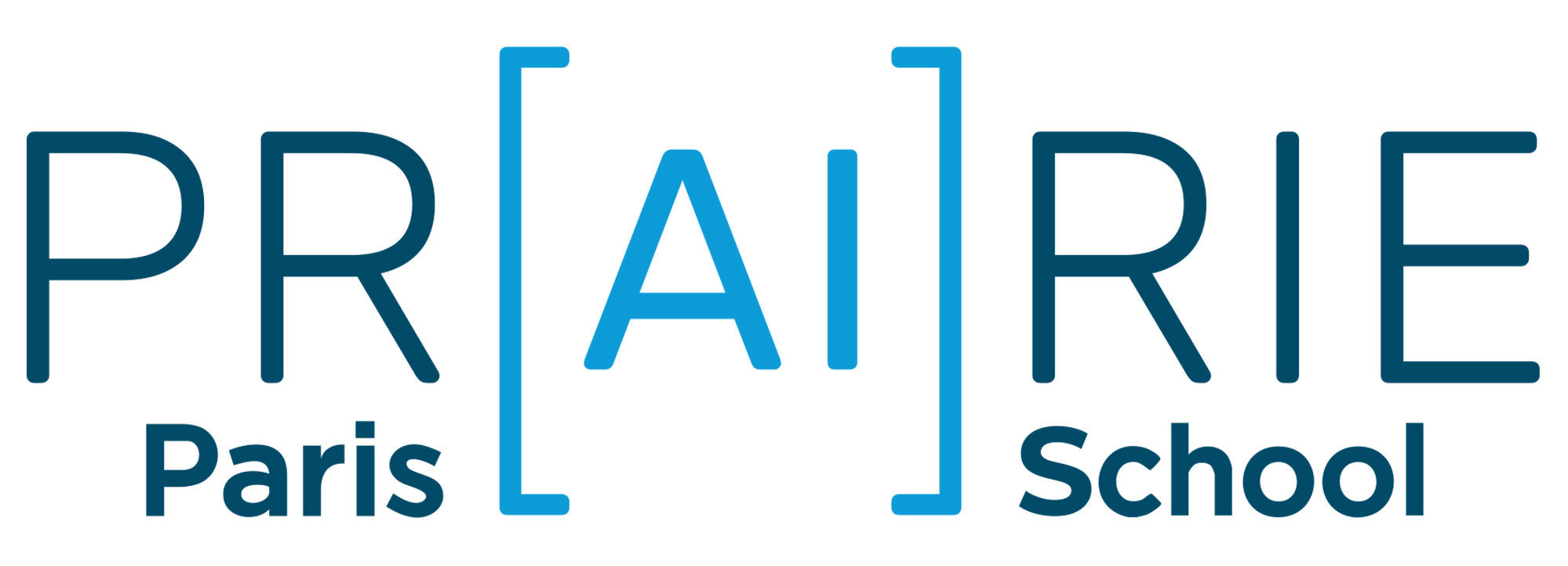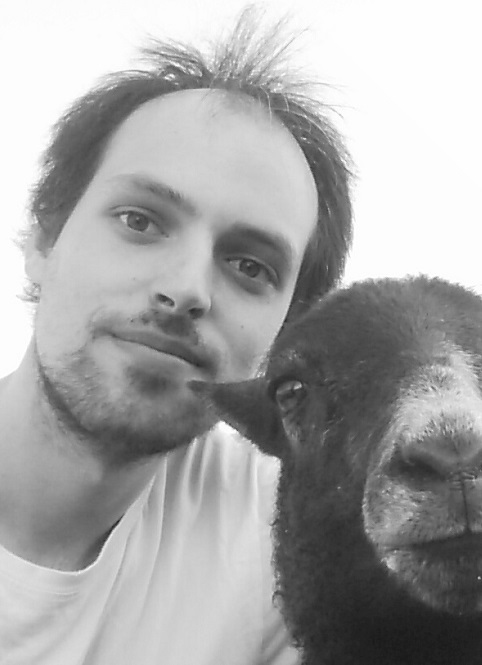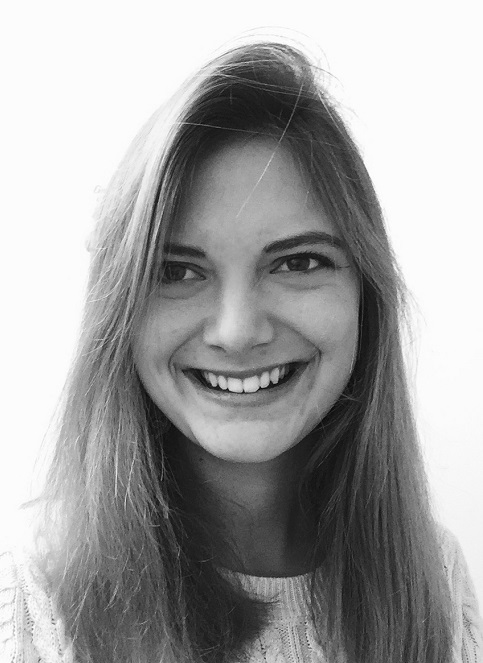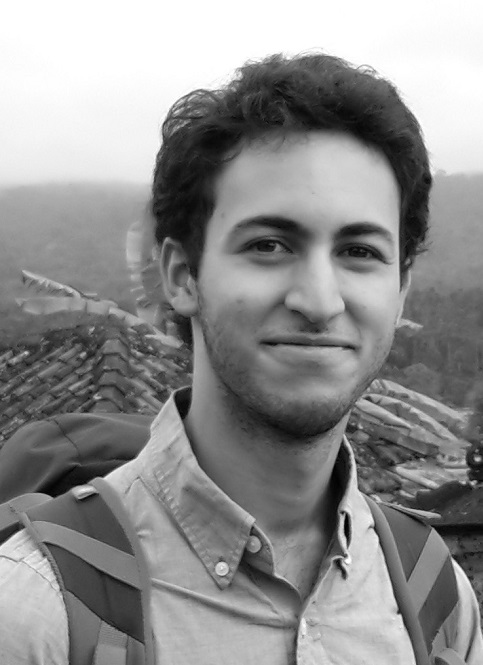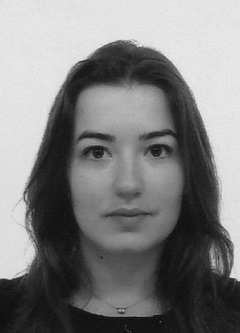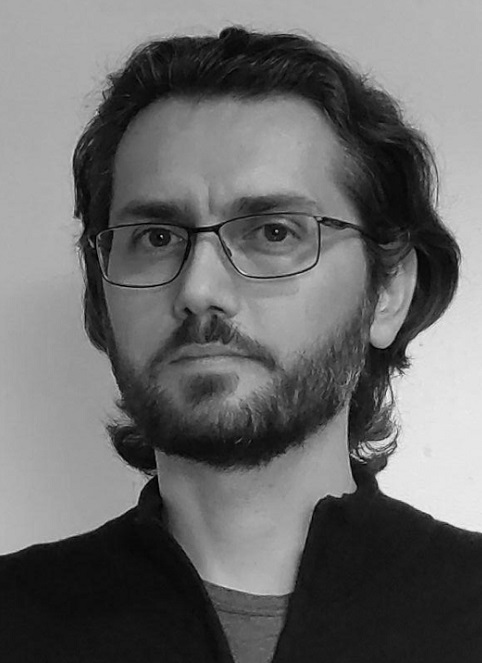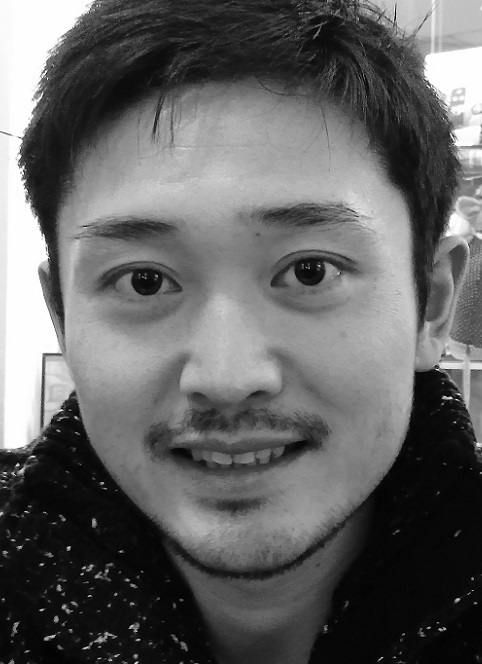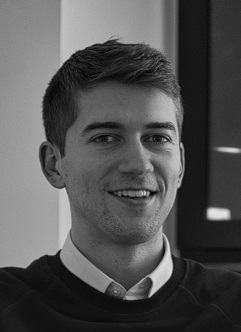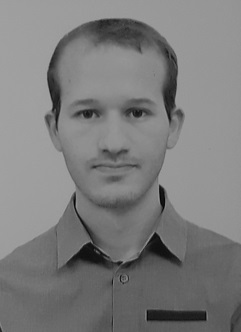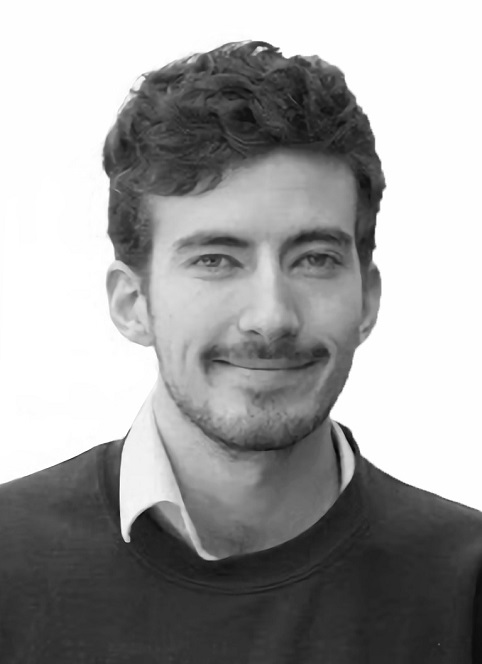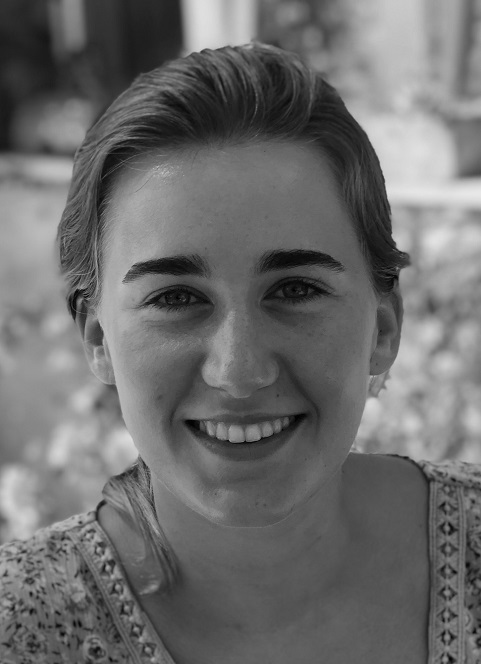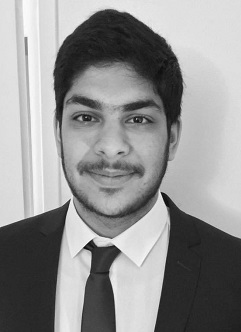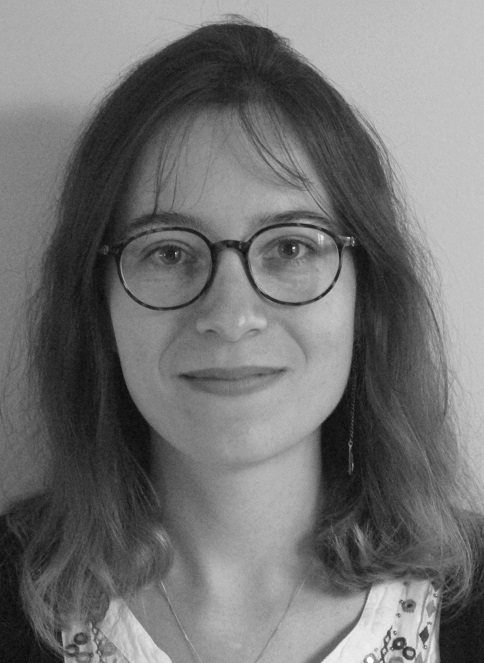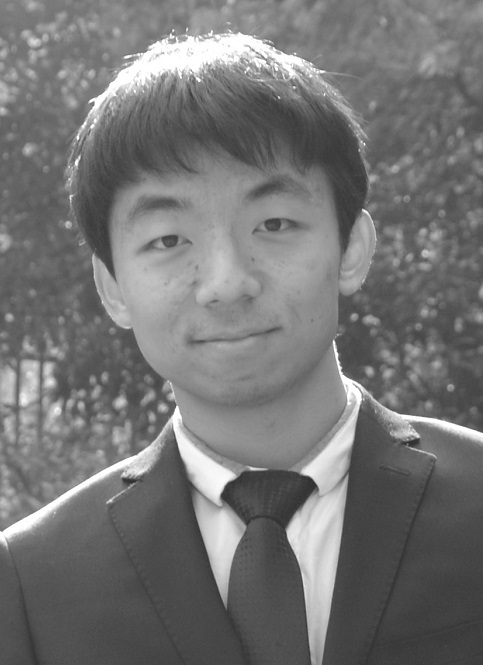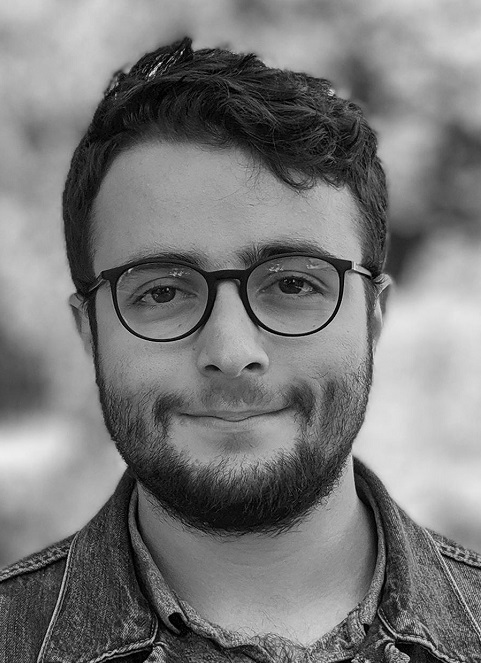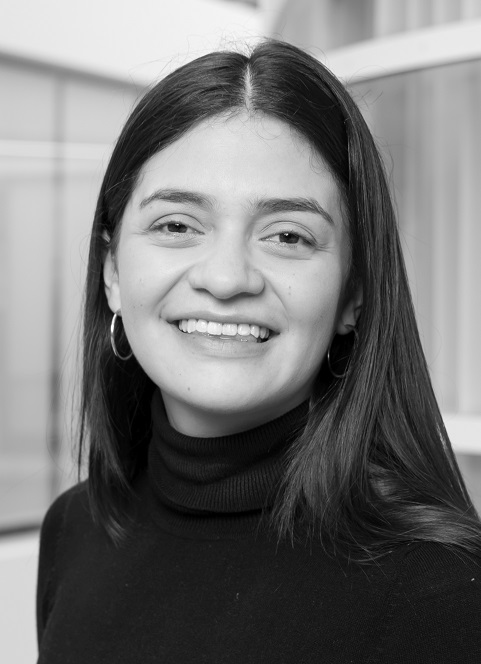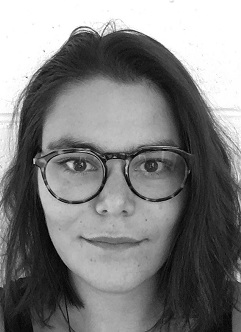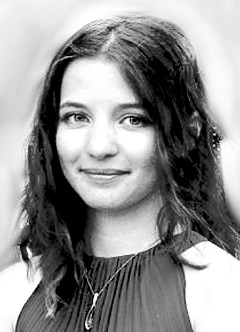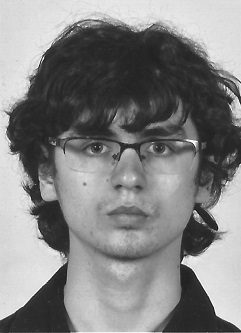WALLEZ Théophile
theophile.wallez [at] inria.fr
Short bio
Master of Computer Science, ENS Ulm
Research project
A verification framework for privacy-preserving machine learning.
Short abstract
Machine learning is known to be hungry for data, which is often private. Recent advances in privacy-preserving machine learning use new cryptographic techniques to avoid exposing private data. However, such cryptographic implementations are error-prone, resulting in information leakage. Therefore, I use the F* software verifier to implement modern multiparty computation protocols, such as SPDZ2k.
DE SEYSSEL Maureen
L’Ecole normale supérieure - PSL
Short bio
- MSc in Speech and Language Processing – University of Edinburgh (United Kingdom)
- BSc in Psychology – City, University of London (United Kingdom)
Thesis title
Does multilingual input help or hinder early language acquisition? A computational modelling approach.
Short abstract
Experimental studies in bilingual language acquisition are based on the assumption that children separate languages at birth or within months, and that this early ability is essential for successful learning. This would prevent children from mixing languages and learning a multilingual representation that does not correspond to any specific language. This project will test this hypothesis following a reverse-engineering approach by using computational models, which aim to model the ideal learner when faced with input data whose number of languages is a priori unknown. This approach will directly test two aspects of the hypothesis : (1) the premise that it is possible to separate languages before learning them, and (2) the justification that separation is necessary for learning several languages in parallel.
SEBBOUH Othmane
othmane.sebbouh [at] gmail.com
Short bio
- Master 2 Data Sciences from Ecole Polytechnique
- Master in Statistics and Economics from ENSAE
- MsC in Management from ESSEC Business School
Thesis title
Multivariate quantile normalization and applications to machine learning.
Short abstract
Quantile renormalization is a fundamental tool in statistics. It allows univariate data to be modified so that they follow a predetermined distribution (i.e. Gaussian) by means of a monotonic transformation. This normalization has several practical virtues, notably that of removing extreme values and facilitating the training of the parameters of learning models based on these data. The context in which this renormalization is applied is therefore most often static, in the sense that the distribution towards which data are transformed is most often chosen a priori. Recent work [2] has shown that it is possible to make this operation differentiable, and thus to be able to adapt the final distribution as needed in order to improve, in an integrated way, the final result of learning methods. The aim of this thesis is to study theoretically and numerically multi-variate extensions of this approach, with possible applications in genomics.
ROMAIN Manon
L’Ecole normale supérieure - PSL
manon.romain [at] inria.fr
Short bio
- Diplôme de l’Ecole polytechnique
- MSc of Computational and Mathematical Engineering – Stanford University
Thesis title
Study of causal networks.
Short abstract
Causal inference is very important to a wide range of use from clinical trials to econometrics: we learned that “correlation is not causation” but how can we learn true causal relationships? We will using learning of causal diagrams using the latest advances in optimization. We will also study experimental design, given your current knowledge, how to best use your limited resources to gain insightful causal information (e.g., by doing biological experimentations)?
POULET Pierre-Emmanuel
pierre-emmanuel.poulet [at] inria.fr
Short bio
Ingénieur de l’Ecole Polytechnique
Master Mathématiques Vision Apprentissage (ENS Paris-Saclay)
Thesis title
Modelling the evolution of a multi-risk profile.
Short abstract
The objective is to develop non-linear mixed-effect models for longitudinal data in the context of neurodegenerative diseases. The models will then be used for prediction of the evolution of different medical observations and/or diagnosis.
PELLEGRINI Franco
L’Ecole normale supérieure - PSL
franco.pellegr [at] gmail.com
Short bio
PhD in Condensed Matter physics from SISSA, Trieste, Italy
Research Project
Theory of neural network learning dynamics.
Short abstract
We want to describe the general mechanism that makes neural networks so effective in solving real life problems. We aim to use methods from statistical physics to build a model describing the dynamics of neural network parameters during training. We hope this insight will allow us to develop new training algorithms leading to improved networks.
OZAWA Misaki
L’Ecole normale supérieure - PSL
misaki.ozawa2045 [at] gmail.com
Short bio
PhD University of Tsukuba
Research project
Multiscale physics and wavelet transform.
Short abstract
In physics, multiscale phenomena are captured by the renormalization group. Wavelet transform is useful in analyzing multiscale behaviors. We investigate the relation between the renormalization group and the wavelet transform. Then we wish to obtain insight into how features are extracted hierarchically in neural networks.
MOREL Rudy
L’Ecole normale supérieure - PSL
Short bio
- MS in Probabilities and Finance (ex DEA El Karoui) from UPMC
- BSc in Mathematics from École Normale Supérieure of Rennes
Thesis title
Modelling of multiple time series with learning of the structure across series.
Short abstract
Many phenomena observed in nature can be described as a collection of time series (component of an audio recording, pixels of a video over time, economic agents of a complex system). The goal of this PhD is to model multiple time series and to learn the structure across series.
MERAD Ibrahim
ibrahim.merad [at] etu.u-paris.fr
Short bio
Master 2 MVA , ENS Paris-Saclay
Thesis title
Apprentissage non-supervisé de représentations et applications en santé (Unsupervised representation learning and applications in healthcare).
Short abstract
Unsupervised representation learning has recently caught up with the performance of supervised approaches thanks to the introduction of contrastive methods. The mathematical study of these new methods is essential to better understand and exploit them as well as provide guarantees on their performance. Their application is especially relevant in healthcare where supervision is commonly lacking.
LOUKATOU Georgia
L'Ecole normale supérieure - PSL
georgialoukatou [at] gmail.com
Short bio
PhD, École Normale Supérieure
Research project
Diversity and learnability in early language acquisition.
Short abstract
My research addresses issues of language learnability in cross-linguistic and cross-cultural settings. I follow an interdisciplinary approach, implementing computational modelling, corpus analysis and experimental methods.
LE MOING Guillaume
guillaume.le-moing [at] inria.fr
Short bio
- Master’s degree in Science and Executive Engineering,
Mines ParisTech (diplôme d’ingénieur)
- Master’s degree in Artificial Intelligence and
Data-Science (IASD), PSL Research University
Thesis title
Learning robust representations for improved visual understanding.
Short abstract
Recent breakthroughs in the field of computer vision, and in particular those leveraging deep supervised learning, often require large high-quality labeled datasets. In this thesis, we are interested in reducing human supervision during training as well as building robust visual representations from a limited number of annotated samples. We will tackle the data scarcity problem by leveraging data augmentation by looking at both theoretical and practical aspects.
HUERTEVENT Marie
marie.huertevent [at] inria.fr
Short bio
Diplôme d’ingénieur, ENPC
Master MVA, ENS Cachan
Thesis title
Fusion of LiDAR, RADAR and RGB data for autonomous vehicle navigation.
Short abstract
We will explore the fusion of multiple sensory information for autonomous vehicles. An autonomous car navigates in uninstrumented real-world environments, and it actively collects desired data in a sample efficient way via a variety of sensors, including cameras, LiDARs, and Radars. To improve perception and navigation in such scenarios, we seek to combine weakly/self-supervised learning with multi-modal learning techniques.
HASSANALY Ravi
rhassana96 [at] gmail.com
Short bio
Master degree (Diplôme d’ingénieur) at Ecole Centrale de Lyon
Thesis title
Deep generative models for detection of anomalies in the brain.
Short abstract
Neuroimaging offers an unmatched description of the brain’s structure and physiology, however identifying subtle pathological changes simply by looking at images of the brain can be a difficult task. The aim of this PhD project is to develop innovative computational imaging tools to model abnormalities, defined as deviations from normal variability, from multimodal brain imaging. To that purpose, deep generative models will be used to generate pseudo-healthy images from real patients’ images for different modalities. Comparing pseudo-healthy and real images will provide individual maps of abnormalities.
GAUDFERNAU Fleur
fleur.gaudfernau [at] etu-paris.fr
Short bio
- Diplôme d’ingénieur (Institut des sciences et industries du vivant et de l’environnement – AgroParisTech)
- Master Mathématiques, Informatique, Décision et Organisation (Université Paris Dauphine-PSL)
- Master de sciences cognitives (CogMaster de l’ENS)
Thesis title
Detection and analysis of anomalies in fetal images for early diagnosis and care.
Short abstract
Agenesis of the corpus callosum is one of the most frequent fetal cerebral anomalies. It can cause motor, learning and social delays. This thesis aims at detecting automatically agenesis of the corpus callosum in fetal MRI, analyzing its temporal evolution during pregnancy, and correlating features extracted from the images with the children neurodevelopmental outcome. In a clinical setting, this would lead to a more precise diagnosis of the disease and prediction of its neurological impairments, ensuring an anticipated follow-up of the patients.
FU Changqing
cfu {at] ceremade.dauphine.fr
Short bio
Msc in Theoretical and Applied Mathematics, Dauphine – PSL
Bsc in Mathematics, Fudan
University
Thesis title
Evaluation of Generative Adversarial Networks.
Short abstract
Generative Adversarial Network (GAN) has been an important algorithm for image generation/ translation in recent years. Finding better quantitative measures to avoid overfitting and combining traditional methods with neural networks are among various lines of research. Application involves medical images and privacy preservation of image data.
FOUCHE Aziz
aziz.fouche [at] curie.fr
Short bio
M2 Bioinformatics & Modelling, Sorbonne Université
Thesis title
Integration of multi-level single cell molecular data to unravel the mechanisms of oncogene activation effect on cellular phenotypes.
Short abstract
We investigate oncogene effects on cancer cells driving the shift from wild-type to malignant phenotype using single-cell data. Getting rid of patient-specific information among several cancer datasets is a crucial consideration to answer this question, as it blurs tumoral signal of interest. Furthermore, developing methods allowing for information integration between several data acquisition techniques (RNA-seq, ATAC-seq…) may yield very insightful and relevant results for investigating systems biology of cancers.
DOUIN Adèle
L’Ecole normale supérieure - PSL
adele.douin [at] phys.ens.fr
Short bio
Master Degree “Physics of Complex Systems” at Université de Paris
Thesis title
Knit-quakes Prediction through Machine Learning.
Short abstract
Knitted fabric is a thread-based metamaterial that exhibits crackling noise both in the force signal and in the deformation field when deformed. The occurrence of those intermittent, scale-invariant events cannot be accurately predicted at the time being, as in most systems with similar avalanche-like behavior. However, Machine Learning methods have proven to be a useful tool when dealing with time-series predictions and image processing, giving hope to be able to predict relevant knit-quakes quantities.
DI FOLCO Cécile
cecile.difolco [at] icm-institute.org
Short bio
- Engineer diploma (AGROPARISTECH)
- Master of Data science («INFORMATIQUE: SYSTEME INTELLIGENTS»-UNIVERSITE PARIS-DAUPHINE)
- Master of Cognitive Sciences (ENS, UNIVERSITE DE PARIS, EHESS)
Research project
Modelling neurodegenerative diseases.
Short abstract
I study the modeling of neurodegenerative diseases’ progression using imaging and clinical data. In particular, I investigate the influence of various cofactors, including genetics, on Parkison’s Disease progression.
DECOUX Antoine
antoine.decoux [at] laposte.net
Short bio
Statistic Engineering Degree at Ecole National de l’Analyse de la Statistique et de l’Analyse de l’Information (ENSAI)
Thesis title
Choice of Strategy and application conditions of Machine Learning algorithms apply to radiomic data.
Short abstract
The goal is to study the effect of different methodological choices during the use of machine learning algorithms on radiomic data, especially on predictive power and reproductibility. Different problematics will be studied, including prediction of medical treatment outcome of immunotherapy for lung and kidney cancers.
